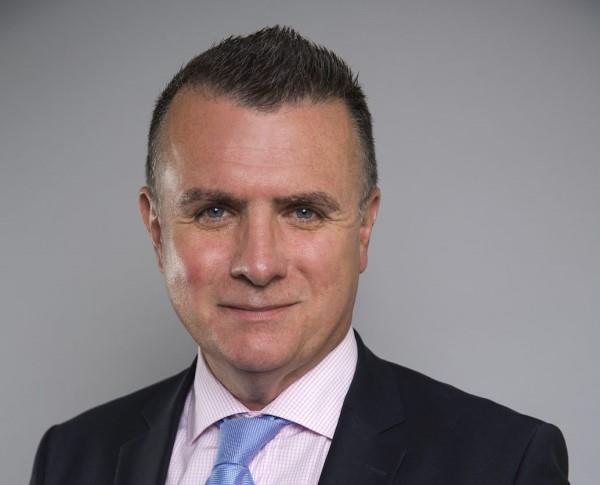
Egypt- Gender equality is key factor of development: Swedish ambassador
His remarks came on the sidelines of a panel discussion that was held to present the results of the International Men and Gender Equality Survey (IMAGES) in the MENA region and to discuss the positive role of males in promoting gender equality.
He pointed out that gender equality is a basic human right, stressing that it is necessary to achieve a sustainable and peaceful development, because if any country only uses 50% of its human resources, that is not enough to achieve development."There are neutral gender words, as objectively, we are all part of the same colour pallet. Only when we realise the advantages of not playing on opposite teams, but on one team, will we be successful in achieving equilibrium," he said.
'In my opinion it is not about bringing up girls as boys or bringing up boys as girls, but it is about equilibrium,' he continued.He pointed out that in 2014, his country adopted a feminist foreign policy initiative to promote gender equality around the world, which is now a part of the UN global agenda.
In terms of cooperation with Egypt in the field of equality between men and women, the Swedish ambassador said that his country is already seeking to support cooperation with Egypt and the programmes implemented by the government for women.These comprise supporting their political rights, economic empowerment, inheritance rights, and many other positive initiatives supported by the Egyptian government for gender equality and support for all women's rights, praising the approach of President Abdel Fattah Al-Sisi in that regard.
The study was funded by the Swedish International Development Cooperation Agency (Sida), under the leadership of the United Nations Entity for Gender Equality and the Empowerment of Women (UN Women) and under the auspice of Egypt's National Council for Women (NCW).The study examines men and women's attitudes and practices related to key issues, including support for gender equality, support for women's rights policies, household decision-making, use of various forms of gender-based violence (GBV), men's participation in caregiving and domestic chores, gendered health vulnerabilities, employment-related stress, physical security, adverse life conditions, and childhood, among others.
For her part, Shereen El Feki, co-principal investigator for IMAGES MENA, said that the study is the first study of its kind in the Arab region, to take a wide-angle comparative lens into the lives of men as sons, husbands, and fathers, at home and at work, in public and private life, to understand how they see their positions as men and their attitudes and actions towards gender equality.She explained that the IMAGES MENA consists of surveys with nearly 10,000 men and women in Egypt, Lebanon, Morocco, and Palestine, including in both urban and rural areas.

Legal Disclaimer:
MENAFN provides the
information “as is” without warranty of any kind. We do not accept
any responsibility or liability for the accuracy, content, images,
videos, licenses, completeness, legality, or reliability of the information
contained in this article. If you have any complaints or copyright
issues related to this article, kindly contact the provider above.
















Comments
No comment